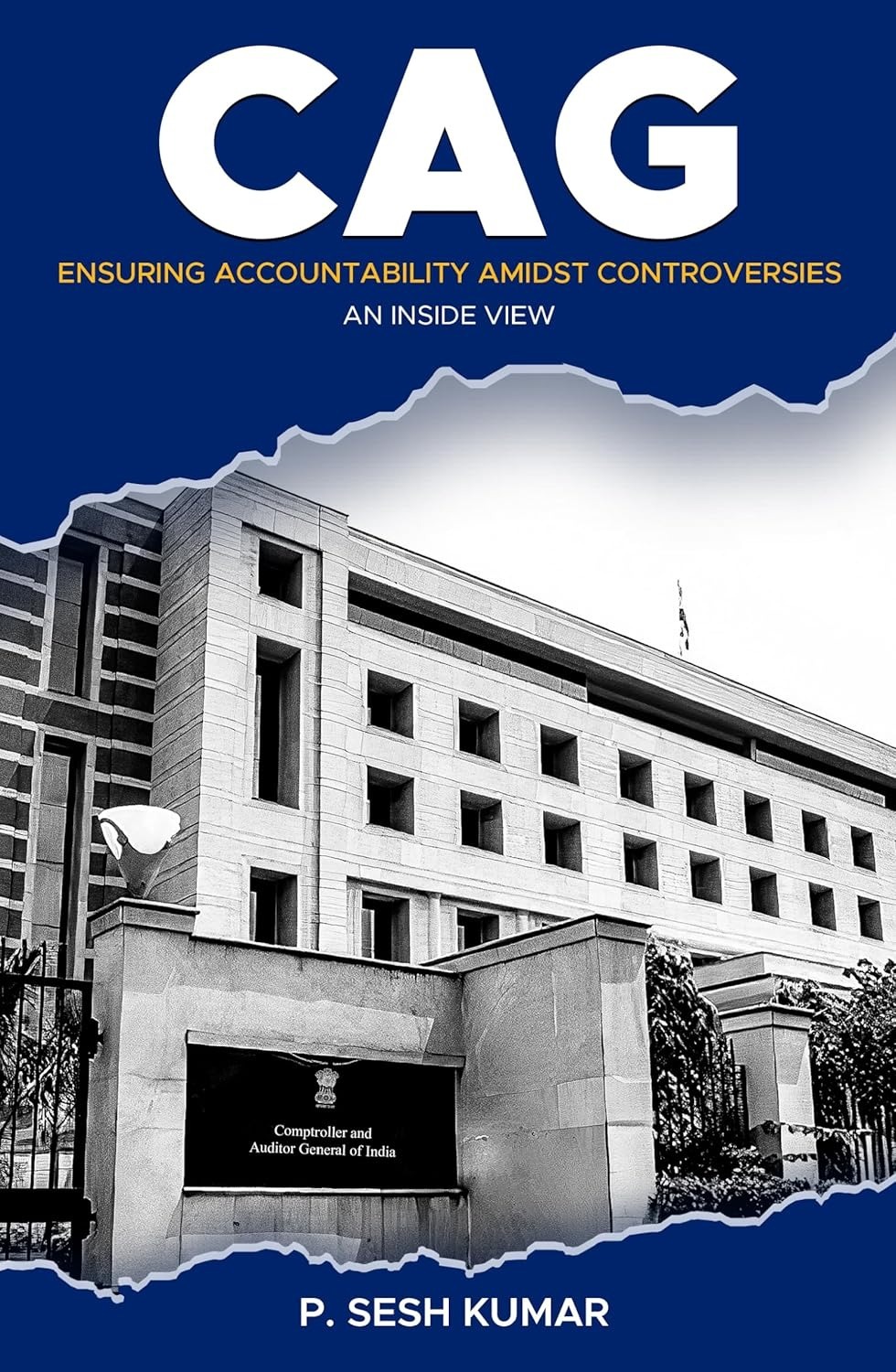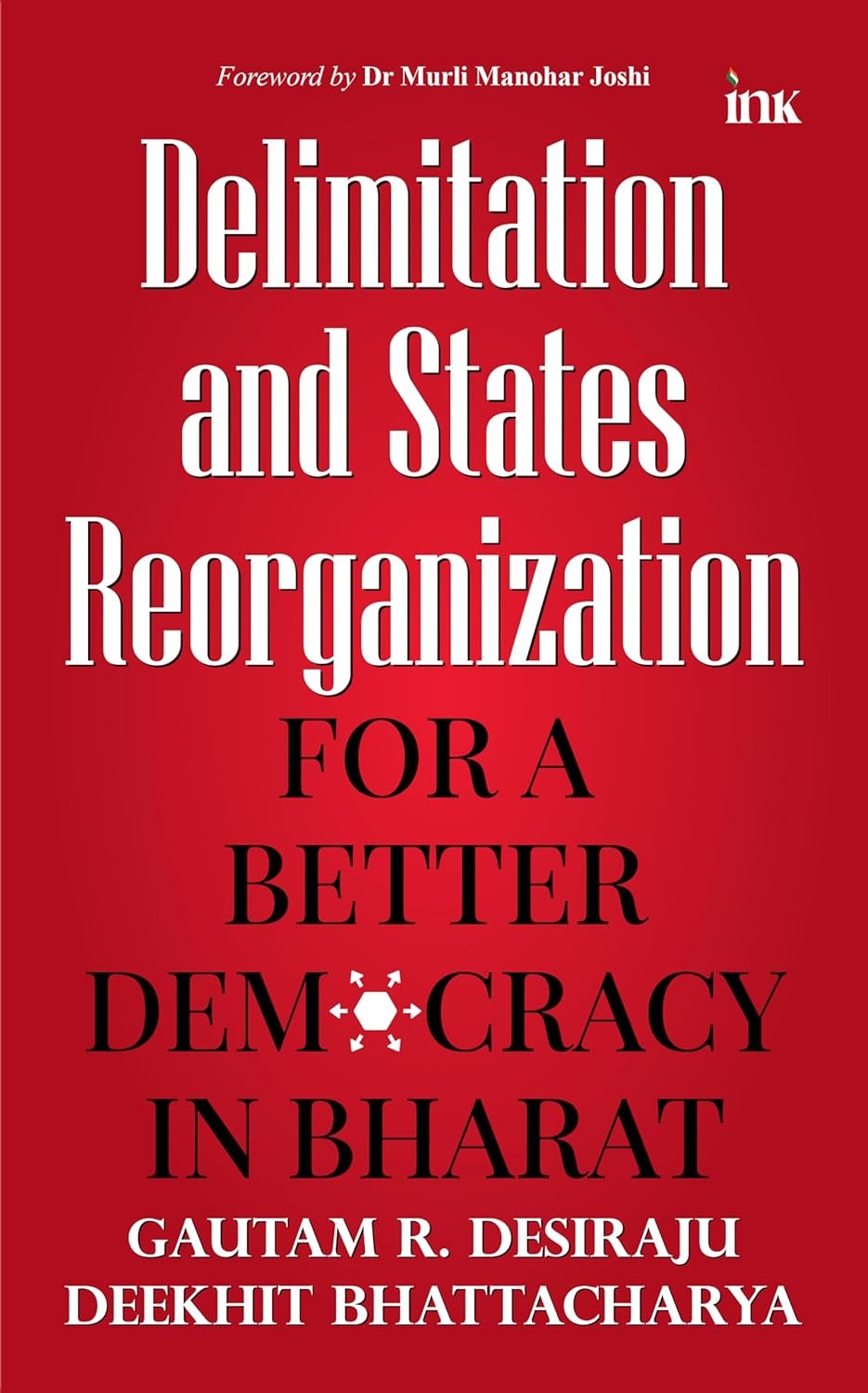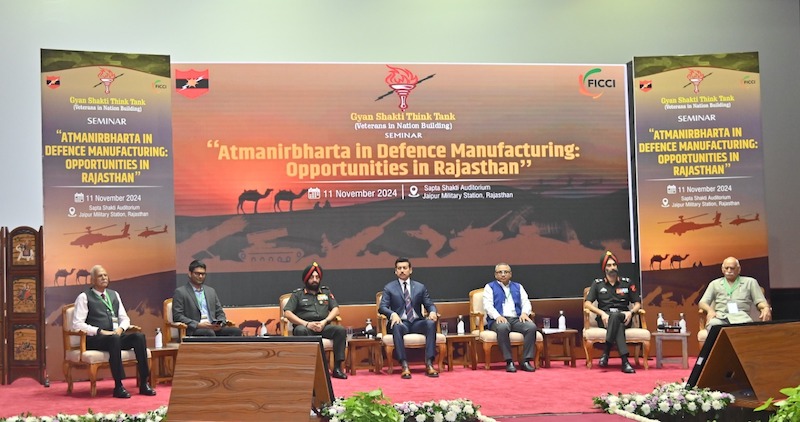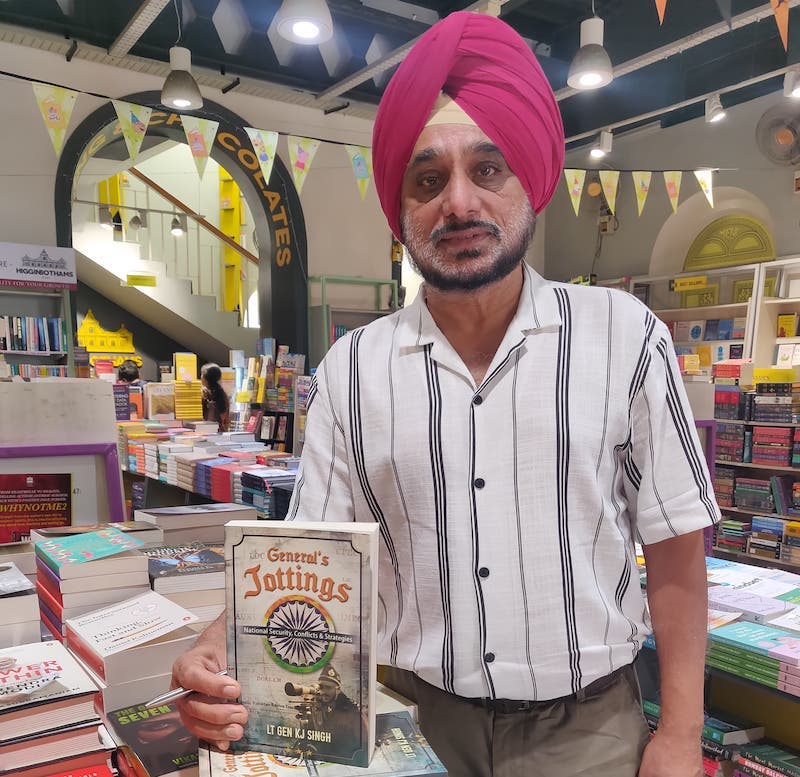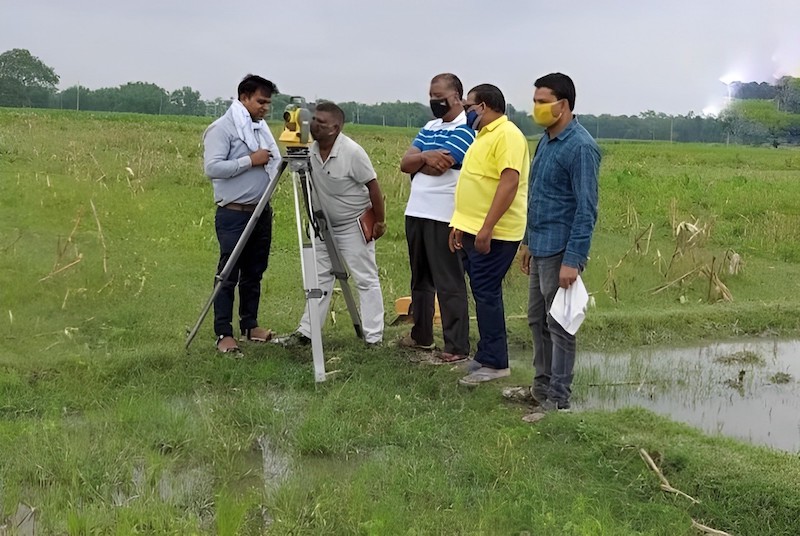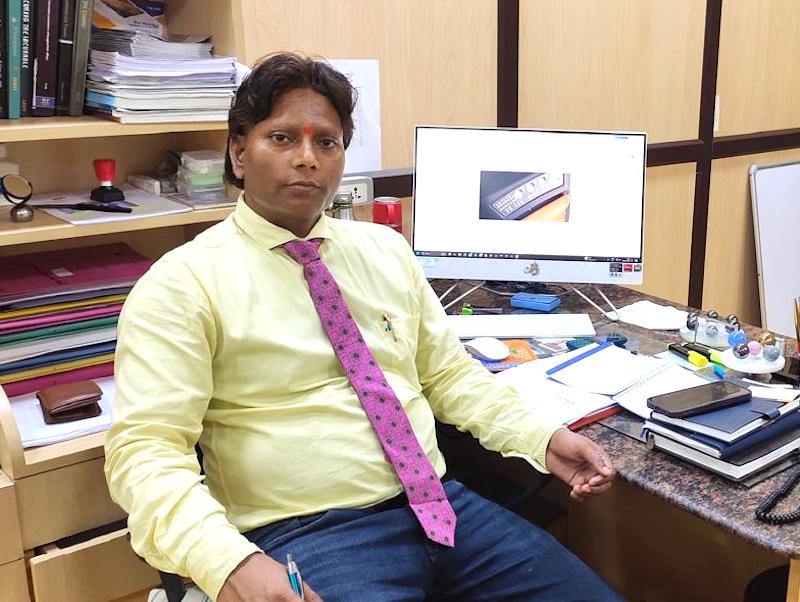
This pandemic threw an ‘out of syllabus’ question at us, that how capable and equipped are we in the current times to have an adaptable and inclusive learning approach. Education sector though got hit hard; it still managed to stay afloat because of its efficient buoyancy.
Parents, teachers and the students felt the rippling effects of Covid-19 when the schools were shut down suddenly.
On the one hand, while the government and our health care system struggled to stop the monstrous Covid-19 from spreading across the country, the education systems came together and responded as well as delivered quality education in this difficult time.
There are however some problems that go unheard. We have lower- middle class or poor families that toil themselves day and night to send their children to school.
The wave of recession has already hit the country on some level and people are losing jobs and their sources of income.
In the coming times, such income-groups will have to face the tough dilemma of either sending their child to school or providing their family the basic needs.
There exists a glaring digital demarcation in the country which Covid-19 has exposed in front of us. Classes are being conducted through phones, computers and internet- which are sadly not an affordable and available medium for a lot of people in the country.
So, even though the flourishing educational institutions have brought together their students on multiple platforms like Google Classroom, Google Meet, Zoom, Skype, it would not be wrong to say that the privileged are getting a second shot at education even in this pandemic.
What about the ones who are less privileged? Shouldn’t the year 2020 be made that turning point in the history of our country when the long distant dream of education for all can finally be fulfilled? The ones who never went to school or could never dream of going to one, can finally be educated?
Right to Education is a fundamental right which is sadly found in the pages of our book of Constitution but not given to many on ground.
If the educators brainstorm today and think of ‘redesigning’ the whole education system, may be the little ones who carry a rag on their back and look for treasure in the garbage bin can finally have a shot at finding that treasure in education.
Teachers of different schools today are making creative lesson plans and curating study material which is aimed at making the learning process for their students easy and interesting. In such a scenario the children now are becoming independent and going through the material and understanding it on their own. So even though the material is being provided by the teacher, the child is learning in a ‘teacher-less’ way.
Can’t the government and such teachers or rather educational institutions join hands and take this same learning material which is in the form of audios and videos to those dark, poorly-lit corners of the country where there might be no internet, but where some do have the television or the simpler radios on which education can be delivered?
The Government, instead of investing for the poor children in schemes that seldom reach them, can largely scale up the radio and television programming which can take education finally to each and every doorstep.
The material of the best of the teachers as well as the warmth with which they teach their own students can thus reach to masses that have been devoid of opportunities just because they had never tasted education.
Covid -19 made us all hit the SOS button in March and we were forced to lock ourselves inside.
It would not be wrong to say that it actually sent us inside our homes and our minds to introspect how we could balance the imbalances, correct the incorrect and make possible the impossible.
Every disaster, every pandemic has a lesson or learning in disguise. Maybe this pandemic is that ‘light at the end of the tunnel’ which will make education a reality rather than a far-fetched dream for these less-fortunate ones.


